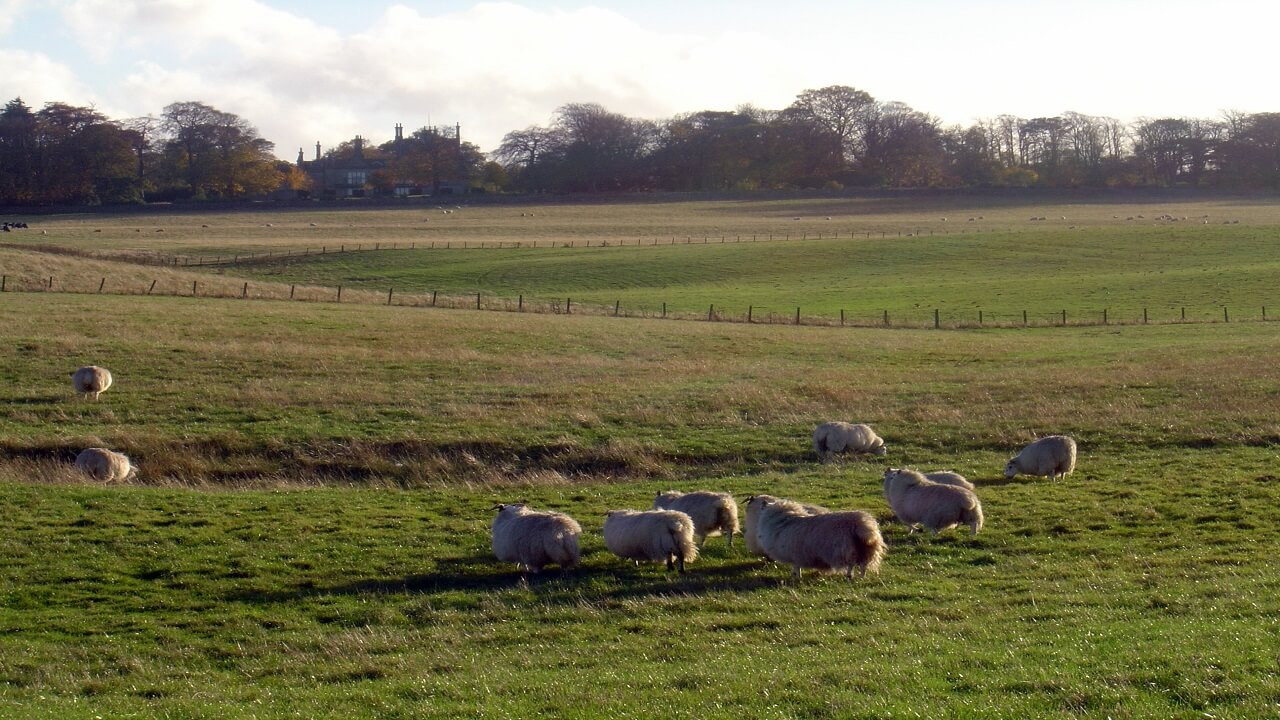
Farm Animal Health Tips
March 31, 2022, 9:08 am
The well-being of an animal depends on factors such as the quality and quantity of feed consumed (nutrition), water intake, parasitic infestation, predators, disease incidence as well as numerous management and environmental factors.
Farm Animal Health Tips
Can an animal live and produce forever? The answer is no! Part of the characteristics of living things is that they live, and due to disease, old age, mismanagement or accidents, they might be unproductive and cease to live.
Even animal diet might be balanced yet contain toxic substances. Animal health is however a major factor to be considered towards increasing productivity in farm animals. Due to occurrence of zoonotic disease (disease that can spread from animals to humans), prevention of animal diseases across international borders to safeguard human health is crucial.
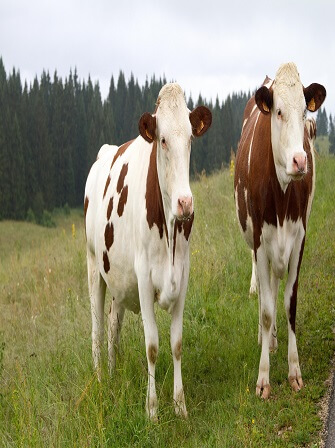
Disease is any condition that results in a departure from the normal function of the animal body. Two or more diseases can affect an animal at the same time.
Importance of Managing Diseases on Farms
- Healthy animals grow and reproduce at a faster rate when compared to sick animals
- Healthy animals produce higher quantity and quality meat, milk and eggs
- It is costly or expensive to control diseases in farm animals
- Zoonotic diseases can be transmitted to humans thus affecting the productivity of humans
- When sick animals die, there is loss of income to the farmer, also, it leads to loss of proven or choice animals e.g. breeding animals
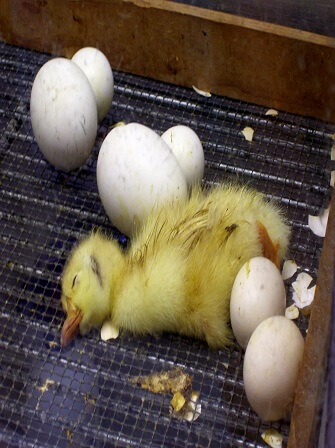
Symptoms and Clinical Signs of Diseases
There are abnormal conditions exhibited by the animal. There are different forms of abnormalities. It is important to explain differences between signs and symptoms
Animal Disease Symptoms
Symptoms can only be described by the person or animal feeling them, the individual feeling pain only knows that he is feeling pain
Animal Disease Signs
Signs are visible or palpable indicators of diseases. Paleness of eye, blood discharge from nose, salivation etc. Signs are indicators of a problem. Other signs may include difficulty respiration, ruffled skin or feathers, high temperature. Sometimes signs can indicate symptoms, for example, a howling dog might be hungry, a mucus discharge can indicate cold or infection.
An animal scratching its body might indicate mange or flea infestation. Presence of eggs in feces may signify the occurrence of parasites. Diarrhea, gnashing of the teeth, ruffled feathers, unsteady gait, blood spots in urine or feces, restlessness, noise making etc. may explain disease condition.
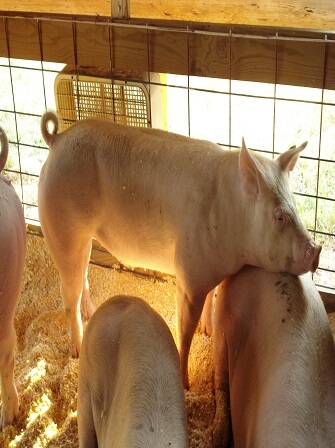
Predisposition Factors to Disease
These are factors that can create favorable conditions that cause diseases in farm animals:
- Malnutrition
This can make animals prone to disease. Overeating can cause indigestion, obesity, bloat. Young animals denied of colostrum can develop low immunity and may fall sick easily
- Harsh Weather Condition
This can make an animal susceptible to diseases e.g. cold causes pneumonia and can negatively affect the production of milk, egg, wool etc. High humidity and poor ventilation can aid development of agents causing diseases. High environmental temperature leads to heat stress. Pigs are vulnerable to heat stress, that is why they wallow in water
- Injury
This occurs when major organs are affected. For example, injury to udder can bring about diseases e.g. mastitis
- Poorly Treated Wounds
This can lead to infection of tetanus causing organism
- Improper Use of Equipment
Some example of these are milking equipment, debeakers etc.
- Over-crowding of Animals
When this occurs it predisposes animals to disease problems, especially air-borne diseases
- Uncontrolled Mating
This can lead to sexually transmitted diseases
- Allergies
This can make an animal become ill causing eye smarting, skin or breathing problems
- Poor Handling of Farm Animals
Animals may be injured when not properly handled, and the injury may be source of infection
- Poor Sanitation
Dirty housing environment can predispose animals to diseases
- Improper Use of Drugs
Overdose, under dose or use of fake veterinary drugs can lead to disease conditions in farm animals
- Poor Housing
Animals kept under leaking roof or bare floor with poor ventilation may be prone to diseases

- Consumption of Toxic Substances
Farm animals may also get diseases if toxic substances are consumed along with the feed
- Inbreeding Depression
Mating of closely related animals may lead to manifestation of some diseases e.g. umbilical or scrotal hernia in pigs
General Signs for the Identification of a Sick Animal
- Isolation: the animals will isolate itself and this may be accompanied by inactivity or sluggishness
- Loss of appetite (anorexia)
- Loss of weight (emaciation)
- Unusual secretions from natural opening of the body e.g. eyes, nostril, ears, anus
- Ruffled feathers or rough hairs or coat
- Swelling of the joints
- Increase in body temperature (fever)
- Diarrhea
- Anemia
- Difficulty breathing
- Coughing
- Excessive salivation
- Gnashing of teeth
- Slow movement among the herd
- Death
Classification of Disease Based on the Nature and the Extent of Infection
- Epizootic disease: prevalent among all animals but temporarily e.g. tick borne disease
- Endemic disease: prevalent among farm animals in a particular area or location e.g. trypanosomiasis
- Infectious diseases: disease that is easily transmitted by air, water, food or any other means
Disease Causing Agents
Basically, there are five main disease causing agents (pathogens). These disease agents are: bacteria, rickettsia, fungi, viruses and protozoa. There are also nutritional diseases caused by imbalance of diets.
Disease Control and Treatment Measures
To control, prevent and treat a disease outbreak on your farm, follow these guidelines:
- Ensure effective use of farm equipment like milking machines. Only trained and qualified personnel should use farm equipment on the farm
- Ensure good hygiene and sanitation in the farm and its environment
- Sterilize all tools used in carrying out internal procedures on farm animals. Tools like surgical instruments, syringes etc.
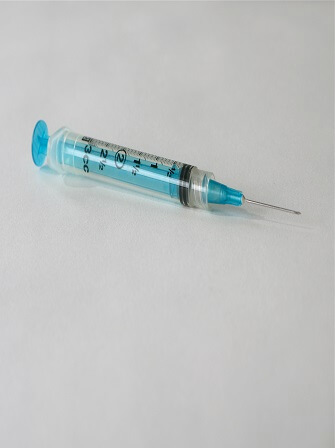
- Have a good vaccination program and vaccinate any animals showing signs of disease
- Remove animals showing signs of disease from the healthy animals immediately
- Organize regular farm visits with a qualified veterinary doctor
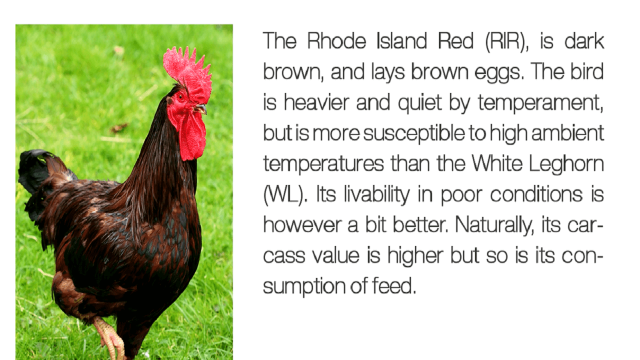
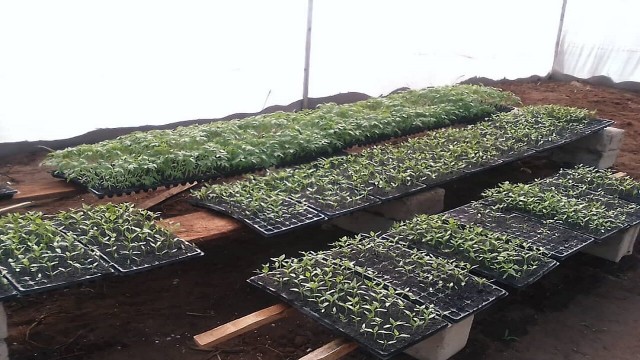

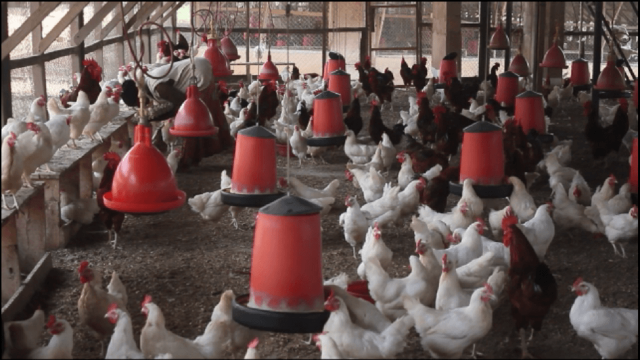

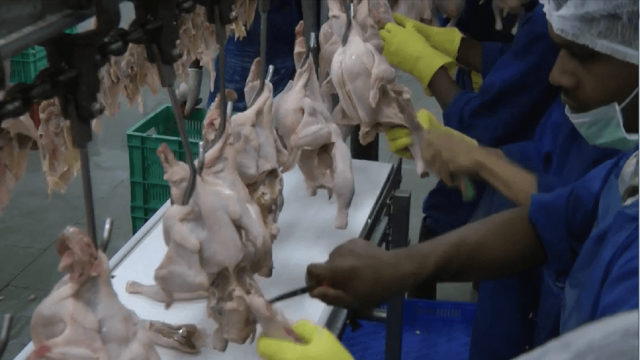
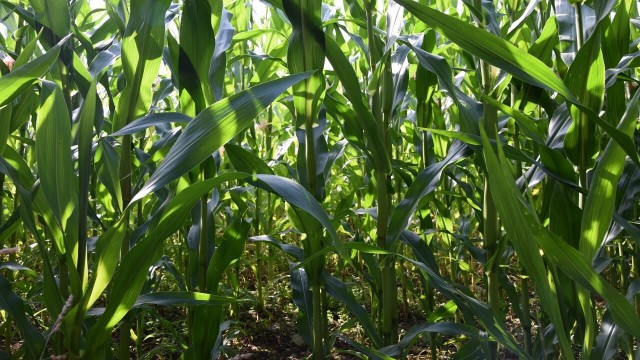

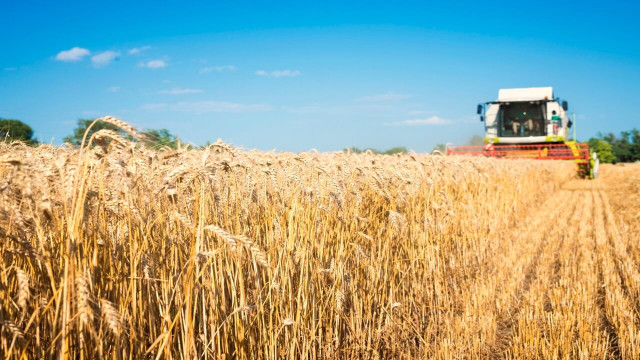

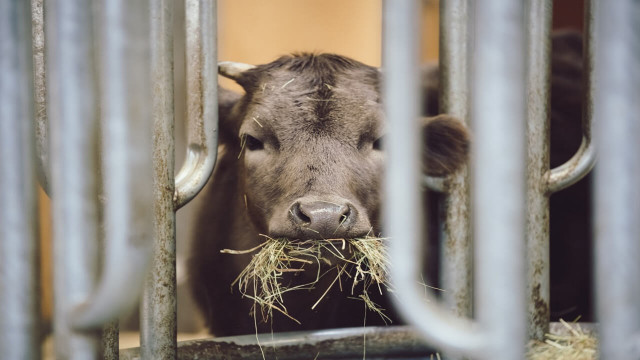

Share This Article: